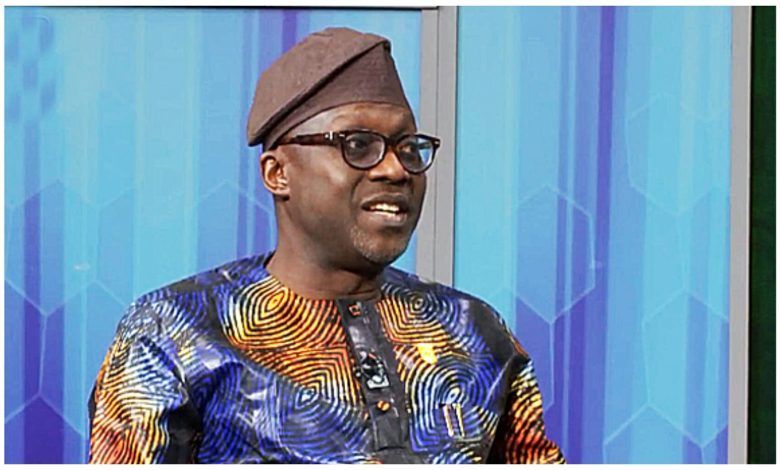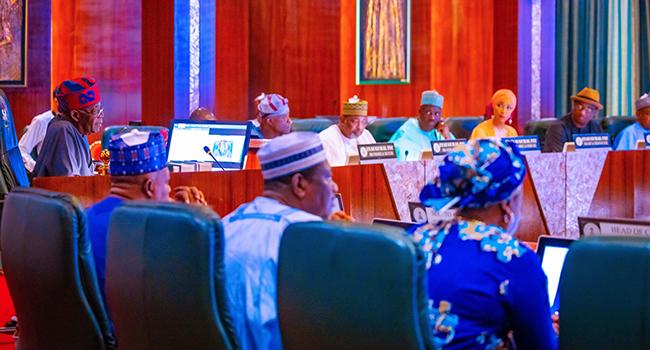
The Nigerian manufacturing sector recorded a sharp increase in unsold inventory, reaching a staggering ₦2.14 trillion in the second half of 2024, according to the Manufacturers Association of Nigeria (MAN). The figure represents an 87.5% surge, driven by a steep decline in consumer demand, rising production costs, and deteriorating household purchasing power.
This revelation was made by Segun Ajayi-Kadir, Director-General of MAN, in the association’s Second Half 2024 Economic Review presented on Monday.
Ajayi-Kadir highlighted that real manufacturing investment also took a hit, falling 35.3% year-on-year to ₦658.81 billion. He attributed the drop to persistent economic uncertainty, which has prompted many manufacturers to scale back or delay expansion plans.
“Nonetheless, H2 2024 witnessed a modest recovery with a 19.4% increase in investment compared to H1, signaling cautious optimism among manufacturers,” the DG noted.
Jobs See Marginal Growth Amid Continued Labour Turnover
Despite the sector’s challenges, employment remained relatively stable. The manufacturing industry added 34,769 new jobs in 2024, a 1.8% increase from 2023. However, labour turnover also rose, with 17,949 workers exiting manufacturing roles in 2024 compared to 17,364 in the previous year. The increase reflects ongoing workforce shifts tied to economic instability, skills migration, and internal restructuring.
Capacity Utilisation and Output Show Mixed Trends
Ajayi-Kadir reported a slight uptick in capacity utilisation, which climbed to 57% in 2024, up from 55.1% in 2023. On a half-year basis, capacity use improved by 1.2% in H2.
Meanwhile, real manufacturing output rose 1.7% year-on-year to ₦7.78 trillion, buoyed by stronger activity in automotive assembly, non-metallic mineral production, and the electronics sector. However, output declined 3.1% on a half-year basis, under pressure from inflation and weak demand.
On the nominal side, manufacturing output jumped 34.9% to ₦33.43 trillion, a spike largely attributed to inflation and rising domestic prices.
Local Sourcing Improves as Import Costs Rise
The report noted progress in local sourcing of raw materials, which rose to 57.1% in 2024, compared to 52% in 2023. The shift is driven by foreign exchange scarcity, surging import costs, and government initiatives aimed at promoting domestic content.
Significant improvements were seen in sectors like wood products, textiles, apparel, and pharmaceuticals, while the electrical and electronics segment continues to lag due to high dependency on imported components.
Electricity Supply Sees Gains, but Costs Soar
The average daily electricity supply to manufacturers improved from 10.6 hours in 2023 to 13.3 hours in 2024, with a sharper rise from 11.4 hours in H1 to 15.2 hours in H2.
However, the benefits of increased supply were undermined by a 200% hike in tariffs for Band A consumers. As a result, manufacturers significantly increased spending on alternative energy sources, shelling out ₦1.11 trillion in 2024—a 42.3% rise from ₦781.68 billion in 2023.
Between H1 and H2 2024 alone, spending on alternatives rose by 75%, from ₦404.8 billion to ₦708.07 billion.
High Lending Rates Hamper Sector Growth
Ajayi-Kadir also flagged high interest rates as a major constraint on the sector. Lending rates climbed to 35.5% in 2024, up from 28.06% a year earlier. This pushed manufacturers’ finance costs to ₦1.3 trillion, limiting investment and expansion capacity.
The report evaluated key indicators such as capacity utilisation, production levels, raw material sourcing, employment trends, investment inflows, and energy expenditure, painting a complex picture of resilience amid economic headwinds.
“Manufacturers continue to operate under immense pressure, and urgent interventions are needed to restore consumer confidence, ease access to finance, and stabilise input costs,” Ajayi-Kadir concluded.





